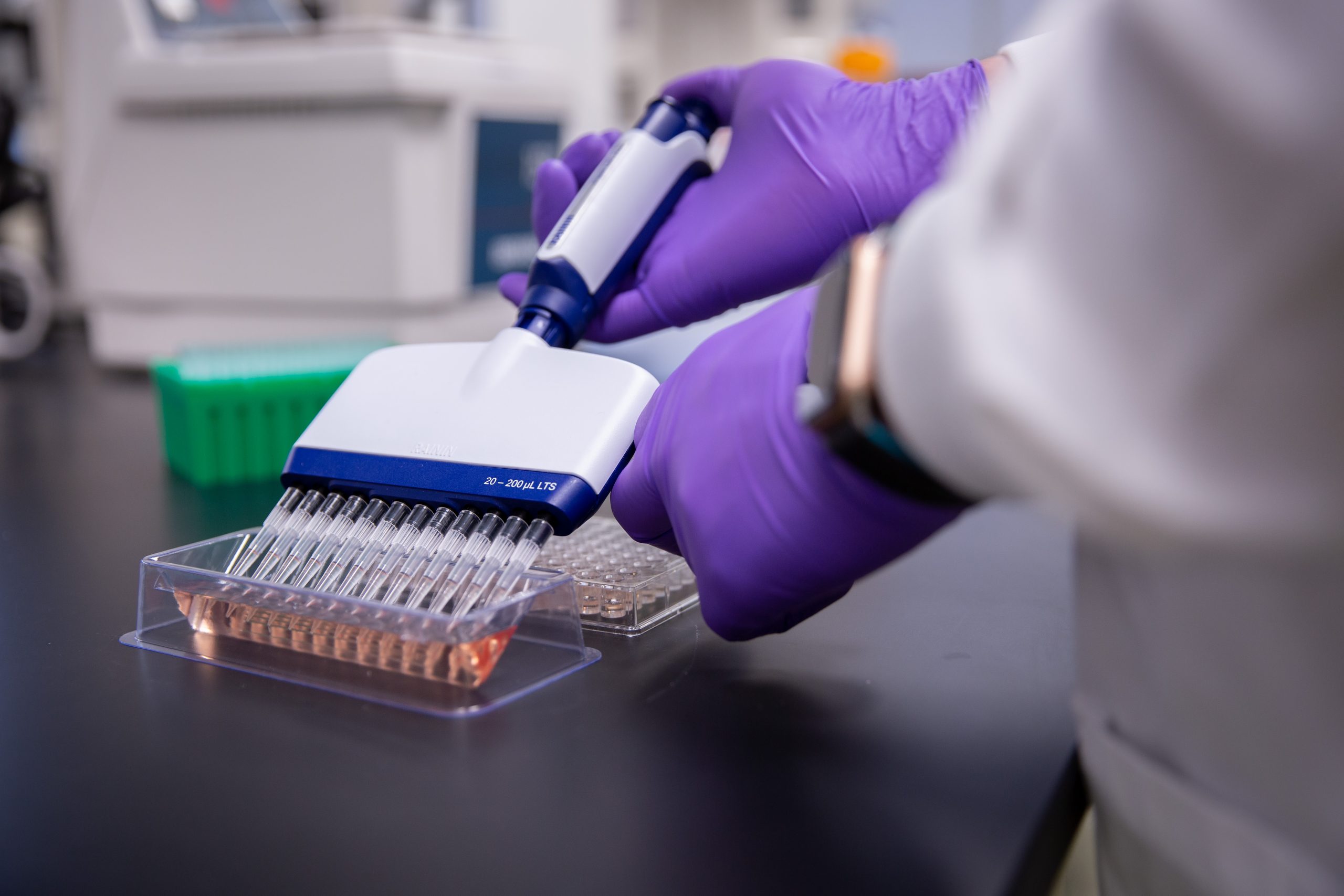
One line of funded research focuses on the anti-inflammatory role of endocannabinoids. Chronic pain is a problem for a large segment of our population, and pain resulting from nerve injury is particularly resistant to existing drug treatments, including opiates and non-steroidal anti-inflammatory drugs (NSAIDs), like aspirin and ibuprofen.
The endocannabinoid system offers many promising targets for the development of alternative analgesics (i.e., pain reducing drugs). Published reports from our lab and others indicate that manipulation of the endocannabinoid system reduces systemic inflammation. We use models of inflammatory arthritis, as well as both inflammatory and neuropathic pain in animal models, with the goal of finding new treatments for these chronic conditions.
In addition, we also study the role of endocannabinoids in gastric inflammation, using models of chemical- and stress-induced gastritis. The primary side effect of existing NSAIDs is that they cause gastric inflammation. As people build tolerance to these drugs and take higher doses, the occurrence and severity of these side effects increases, leading to ulceration and hemorrhaging. The overall goal of these projects of to use the analgesic anti-inflammatory properties of endocannabinoids to prevent and treat visceral pain and inflammation.